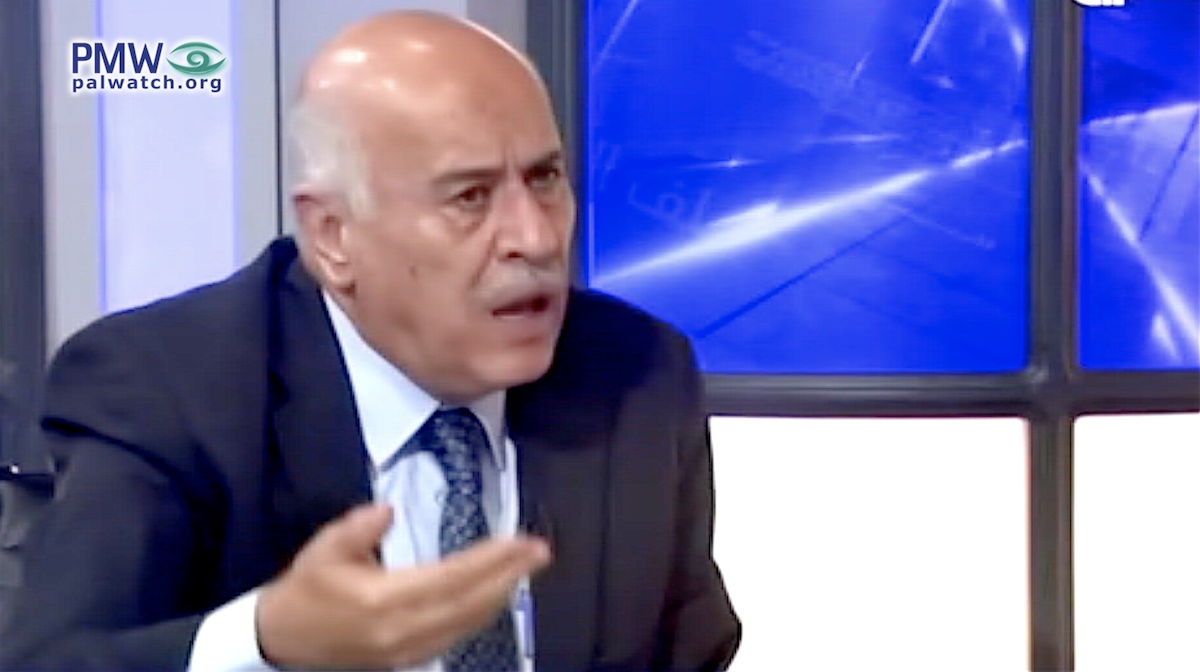RE: Who Are The Palestinians? Part 2
⁜→ P F Tinmore, et al,
BLUF: Well, you could get partial credit. But most of the reply is incorre3ct.
This layman's interpretation is based on Article 49, Fourth Gevena Convention (GCIV)(1949), wherein, the applicable clauses are ambiguous. Whatever the case, the 1949 Law and interpretations CANNOT be retroactively applied to actions taken prior. Article 49(2) gives an exception:
This is entirely screwed-up. About the only thing you got right was the part: "Allied Powers decided"
People assume the citizenship of the territory. On 11 April 1921, three distinct Arab districts, East of the Jordan River and extending to Mesopotamia, were assembled under a single political territory to be known as the Emirate of Transjordan (British Protectorate equivalent), and with the Emir Abdullah. The people of the Emirate assumed the citizenship of the Emirate.
There has been "Much Ado About" inalienable and inviolable rights. And while the Universal Declaration for Human Rights (UDHR) establishes a common understanding such rights, it only urges Governments to accept those principles, the UDHR is NOT LAW. "There are nine (9) core international human rights instruments." The 'rights' that you have most often invoked are those found in the
"International Covenant on Civil and Political Rights" (CCPR); or those documented in the International Covenant on Economic, Social and Cultural Rights (SESCR). These are the laws.
The rights pertaining to the broad category of "self determination" - "independence and sovereignty" - and "territorial integrity" are very loosely described in the UN Charter. The key here is that the CCPR covers those rights in the specifics.
The Arab Palestinians have not territory of their own, or as you say: "people inside their defined territory" If the Arab Palestinians had such a defined territory, it would have already been brought to the surface. The idea that the Arab Palestinians claim the entirety of the territory, formerly under the Mandate for Palestine" as their defined territory is absolutely ludacris.
Again, this is a statement with no real context. It sounds right, but then applied to what. The Arab Palestinians are, themselves confused, as to what their boundaries are. Don't talk about international boundaries and them make me recite how you twisted the phrase. Remember, prior to 1948, Palestine was a non-self-governing territory (NSGT) administratively established to accommodate the Mandate authority. The indigenous population was citizens of a territory that they had neither "rights" nor "title."

Most Respectfully,
R
⁜→ P F Tinmore, et al,
BLUF: Well, you could get partial credit. But most of the reply is incorre3ct.
(COMMENT)The Treaty of Lausanne was a part of the process. A basic tenant of International law is that a people and their land cannot be separated.
This layman's interpretation is based on Article 49, Fourth Gevena Convention (GCIV)(1949), wherein, the applicable clauses are ambiguous. Whatever the case, the 1949 Law and interpretations CANNOT be retroactively applied to actions taken prior. Article 49(2) gives an exception:
EXCERPT • Article 49(2) GCIV said:Nevertheless, the Occupying Power may undertake total or partial evacuation of a given area if the security of the population or imperative military reasons so demand. Such evacuations may not involve the displacement of protected persons outside the bounds of the occupied territory except when for material reasons it is impossible to avoid such displacement. Persons thus evacuated shall be transferred back to their homes as soon as hostilities in the area in question have ceased.
Source: Article 49, Fourth Gevena Convention (GCIV)(1949)
(COMMENT)The Allied Powers decided that the region would be divided into five new states. The international borders of those new states were defined by treaties. The Treaty of Lausanne released the territories to the respective states. It also stated, in compliance with international law, that the people would be nationals of the respective states to which the territory was transferred. Following international law, the Palestine Citizenship Order granted the Palestinians citizenship in Palestine.
This is entirely screwed-up. About the only thing you got right was the part: "Allied Powers decided"
◈ The Allied Powers DID NOT divide the region into five states. It created three (3) Mandates (Article 1 Franco-British Convention of December 1920) .
✦ The French mandate of Syria and Lebanon on the one hand.
✦ The British mandates of Mesopotamia and Palestine on the other.
Comment Note:
There were several other Mandates, but no pertaining to the topic under discussion.
People assume the citizenship of the territory. On 11 April 1921, three distinct Arab districts, East of the Jordan River and extending to Mesopotamia, were assembled under a single political territory to be known as the Emirate of Transjordan (British Protectorate equivalent), and with the Emir Abdullah. The people of the Emirate assumed the citizenship of the Emirate.
(COMMENT)The Palestinians, as with any other people inside their defined territory, have inherent inalienable rights. The right to self determination without external interference. The right to independence and sovereignty. The right to territorial integrity. These rights have been reiterate by subsequent UN resolutions.
There has been "Much Ado About" inalienable and inviolable rights. And while the Universal Declaration for Human Rights (UDHR) establishes a common understanding such rights, it only urges Governments to accept those principles, the UDHR is NOT LAW. "There are nine (9) core international human rights instruments." The 'rights' that you have most often invoked are those found in the
"International Covenant on Civil and Political Rights" (CCPR); or those documented in the International Covenant on Economic, Social and Cultural Rights (SESCR). These are the laws.
The rights pertaining to the broad category of "self determination" - "independence and sovereignty" - and "territorial integrity" are very loosely described in the UN Charter. The key here is that the CCPR covers those rights in the specifics.
The Arab Palestinians have not territory of their own, or as you say: "people inside their defined territory" If the Arab Palestinians had such a defined territory, it would have already been brought to the surface. The idea that the Arab Palestinians claim the entirety of the territory, formerly under the Mandate for Palestine" as their defined territory is absolutely ludacris.
(COMMENT)No foreign power has the authority to violate those basic rights.
Again, this is a statement with no real context. It sounds right, but then applied to what. The Arab Palestinians are, themselves confused, as to what their boundaries are. Don't talk about international boundaries and them make me recite how you twisted the phrase. Remember, prior to 1948, Palestine was a non-self-governing territory (NSGT) administratively established to accommodate the Mandate authority. The indigenous population was citizens of a territory that they had neither "rights" nor "title."

Most Respectfully,
R




